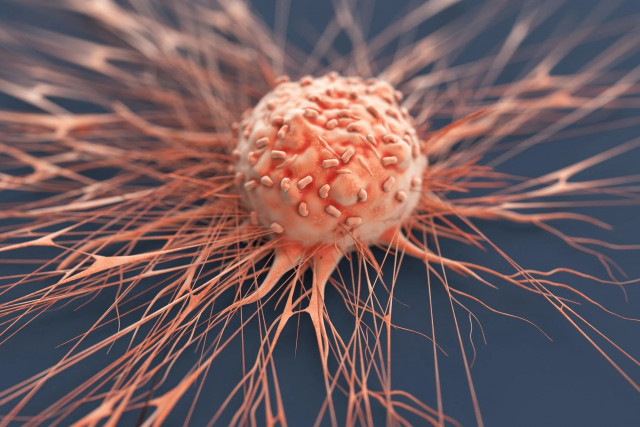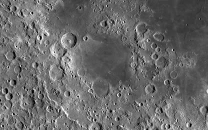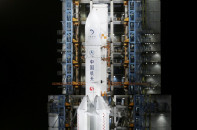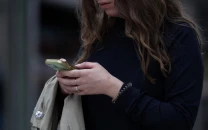Groundbreaking discovery reverts cancer cells back to normal
Researchers able to find treatment that artificially matures breast cancer cells and reverts them back to normal

Researchers from the University of Basel and the University Hospital Basel in Switzerland have tested the possibility of artificial maturing of breast cancer cells and turning them into normal cells again.
Researchers adopted a therapeutic strategy called Differentiation, which has been successfully implemented in treating blood-borne cancers but has yet to be tried in solid tumors.
Led by Professor Mohamed Bentires-Alj, the research study provided promising results in treating an aggressive type of carcinoma called triple-negative breast cancer.
Breast cancer cells are susceptible to estrogen and can be treated with anti-estrogenic therapies, which are highly effective in patients.
Read Two hospitals to get cancer treatment equipment
The research team also tested more than 9,500 compounds for their efficiency in treating the cells and found kinase 1 (PLK1), an inhibitor of an essential cell cycle protein.
Group leader at the Department of Biomedicine, Bentires-Alj said, "We show here that we can convert breast cancer cells to less harmful cells that stop growing."
Referring to the new research treatment, he furthered, "Understanding the cellular and molecular mechanisms that define cancer and how these mechanisms differ from normal cells is crucial for developing new innovative therapies. The compounds used in this study are already in clinical trials to treat other cancer types, including blood-borne, lung, and pancreatic cancer."
It has been suggested by researchers that “normal-like” cells can be cleared by the immune system but cancerous evade killing by the immune system.
The study was concluded with the hope that they are "pursuing such strategies, and only time and resources are in our way to make further progress."



















COMMENTS
Comments are moderated and generally will be posted if they are on-topic and not abusive.
For more information, please see our Comments FAQ